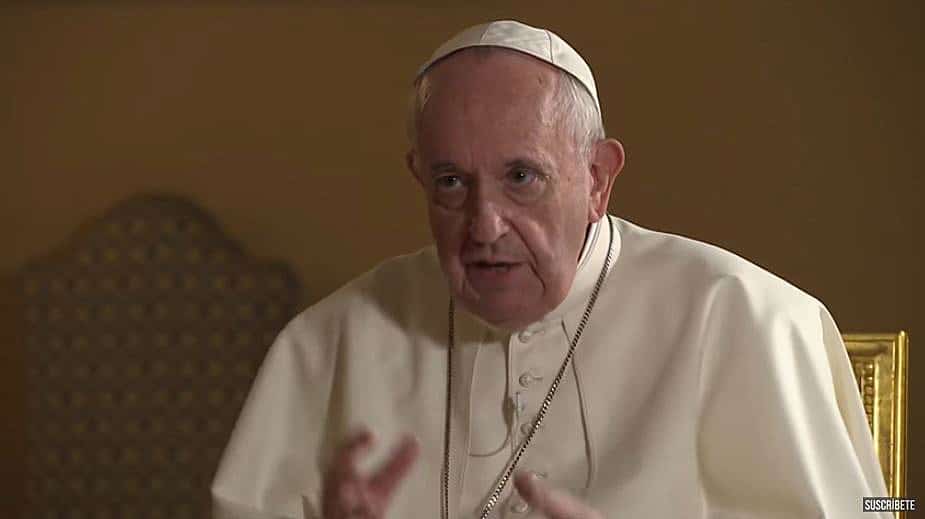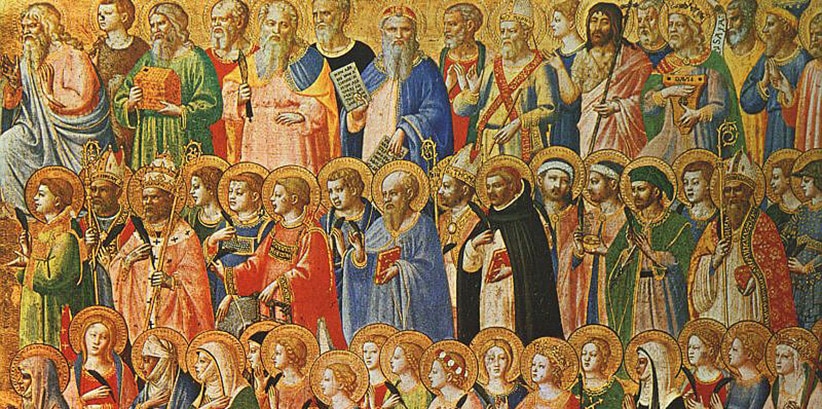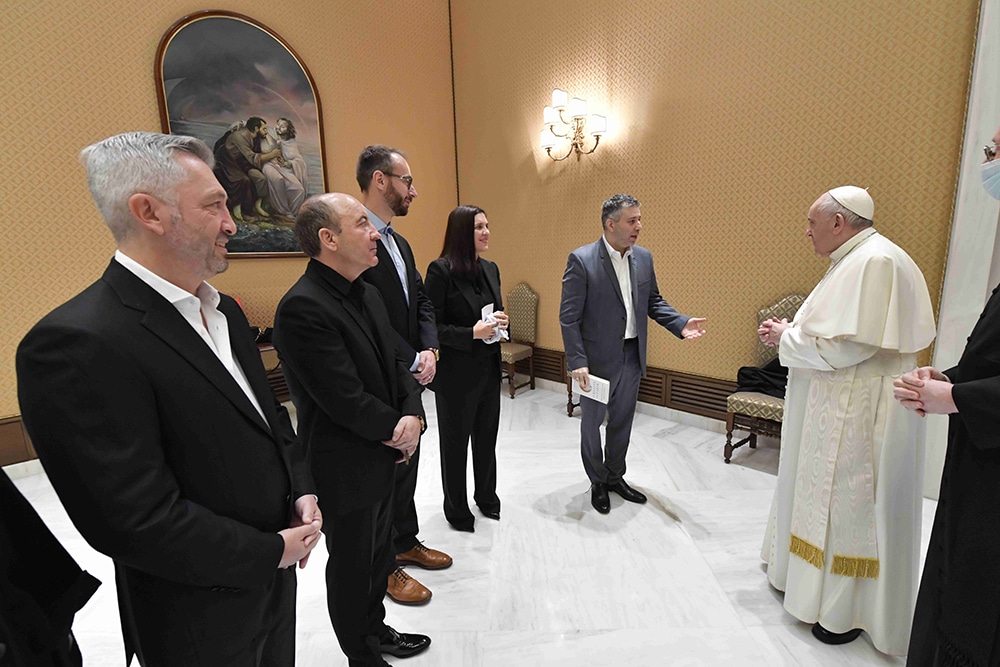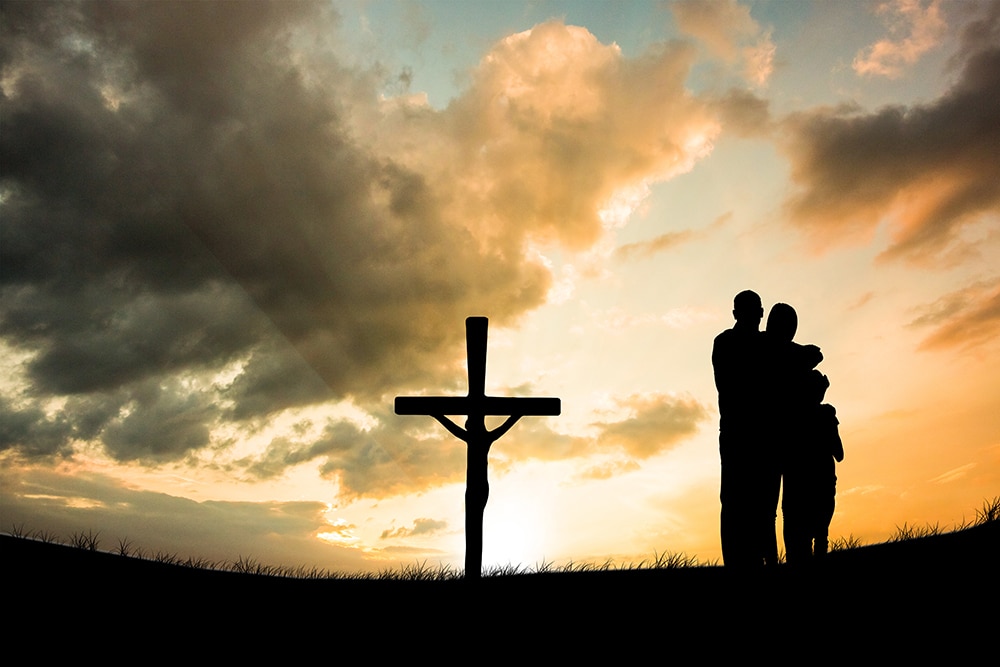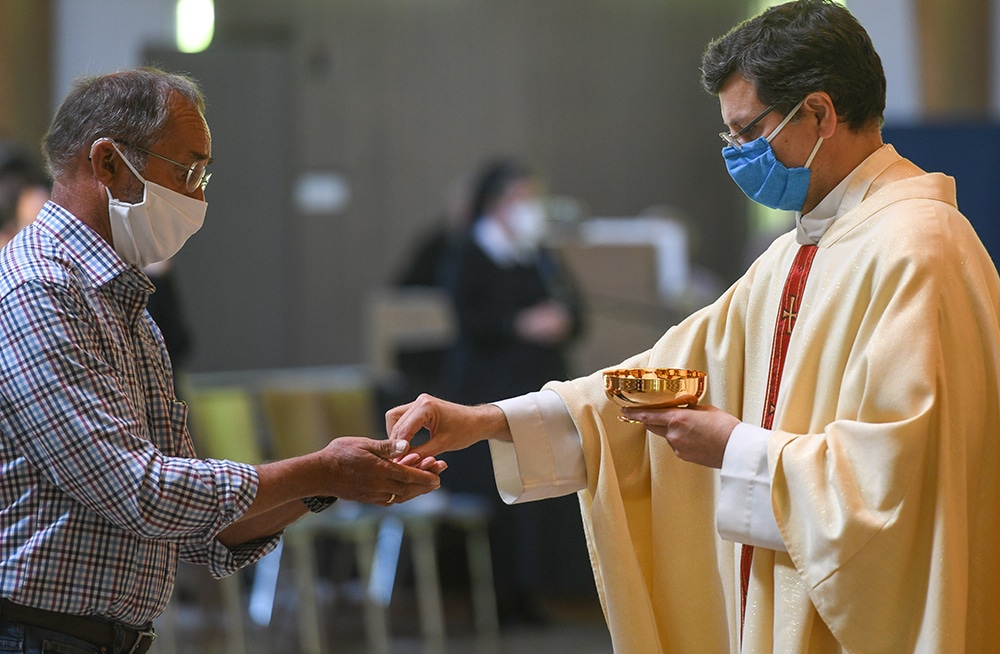Elevation to the office of the papacy does not guarantee a man a greater than average dose of the cardinal virtue of prudence. Such a statement ought to be self-evident and therefore uncontroversial, but you wouldn’t know that from the uproar that has ensued in the wake of various failures of prudence by popes down through the centuries and, in this age of the 24-hour news cycle and social media, particularly by the last three popes.
Pope St. John Paul II failed to grasp the extent of the clerical sexual-abuse crisis and even its reality in the particular case of the disgraced founder of the Legion of Christ. Pope Benedict XVI made remarks on the use of condoms by prostitutes in Africa that were morally sound but publicly ill advised, and he failed to recognize the problem that Lefebvrist Bishop Richard Williamson posed to his efforts to bring the Society of St. Pius X back into full communion with the universal Church. And Pope Francis’ many interviews with various journalists and now a documentarian have often done less to advance the truths that the Catholic Church teaches than to provide bombshell headlines based on an ill-thought-out remark from the Holy Father. All of these are failures of prudence that should remind us that, while the Holy Spirit protects a sitting pope from teaching error in matters of faith and morals, he doesn’t prevent the occupant of the Chair of Peter from sticking his foot in his mouth.
Each pope’s failures of prudence reflect the history and character of the man. John Paul II was both overly trusting of the people around him and deeply suspicious of anything — like allegations of sexual impropriety against priests — that had been used by the communist regime in Poland to attack the Catholic Church. Benedict XVI was (and remains) a very rigorous thinker who could see how an objectively disordered act could nevertheless, in certain circumstances, indicate an openness to charity that the Church could use to try to coax the sinner away from his sin, yet failed to see how making such an argument in a public forum guaranteed it would be misconstrued.
And Pope Francis has the talkativeness of his Italian heritage and his Argentinean upbringing, and a Jesuit’s penchant for thinking out loud — all complicated by a stubborn unwillingness to correct or clarify his musings.
In the recent case of his remarks on the “need” for legislation guaranteeing “civil unions,” an additional character trait may be at work: Pope Francis’ oft-stated unwillingness to follow politics or even watch the news. Were he more politically aware, he might realize that, in every country where the definition of marriage has been legally extended to same-sex couples, civil unions have never proved an alternative to such legal redefinition but a prelude to it.
In this prudential misstep, however, Pope Francis is hardly alone. As the march toward the legal redefinition of marriage in the various states of this country advanced, and it became clear that the Defense of Marriage Act, signed into law by President Bill Clinton in 1996, would almost certainly fall, more and more politicians and organizations endorsed civil unions as a prudential alternative to the redefinition of marriage.
As history proved, their prudential judgment was wrong — and so is the Holy Father’s.
The only effective bulwark against the efforts of secular governments to redefine the truths revealed by nature, history, Scripture and revelation is the consistent, forceful and public preaching of those truths. Beginning in 2010, when the Argentine government proposed the legal redefinition of marriage, and on up until today, Pope Francis has spoken frequently and eloquently on what marriage is, why it cannot be redefined and how the ultimate source of such attempts at redefinition is the Father of Lies himself.
The world needs more of that from the Holy Father, and fewer interviews with journalists and documentarians. The Holy Spirit protects the Successor of Peter when he is preaching the truth, but when he tries to offer prudential alternatives to untruth, he’s on his own.
Scott P. Richert is publisher for OSV.

